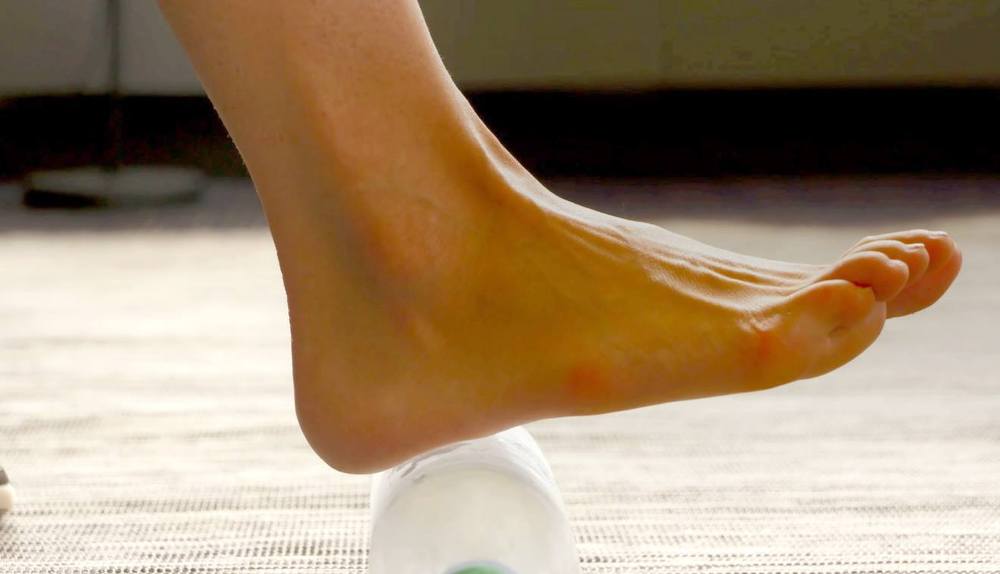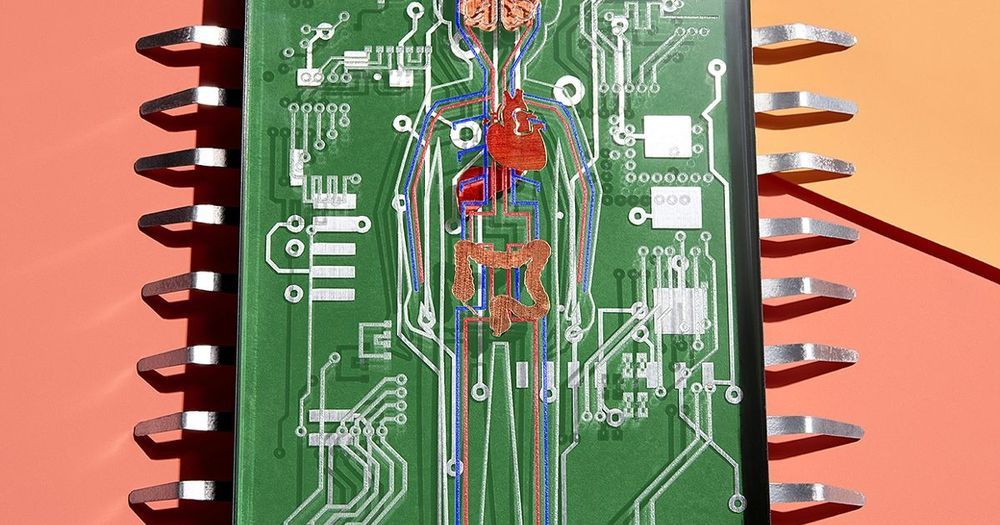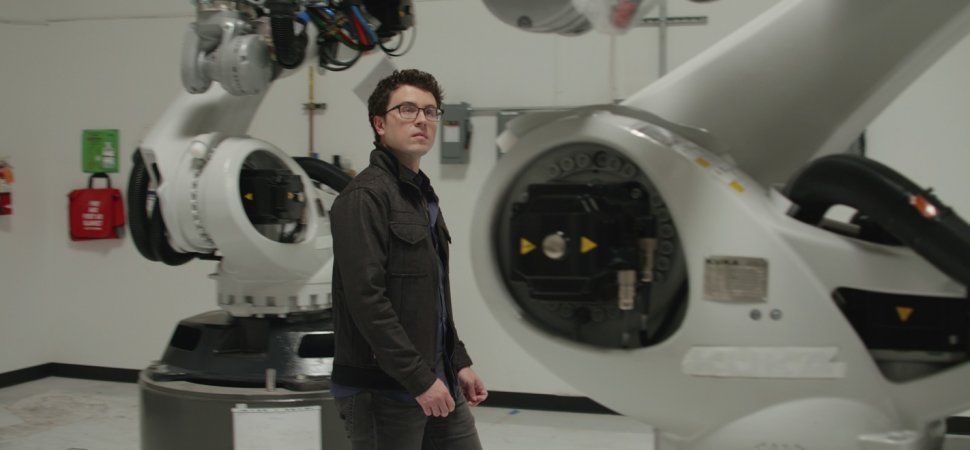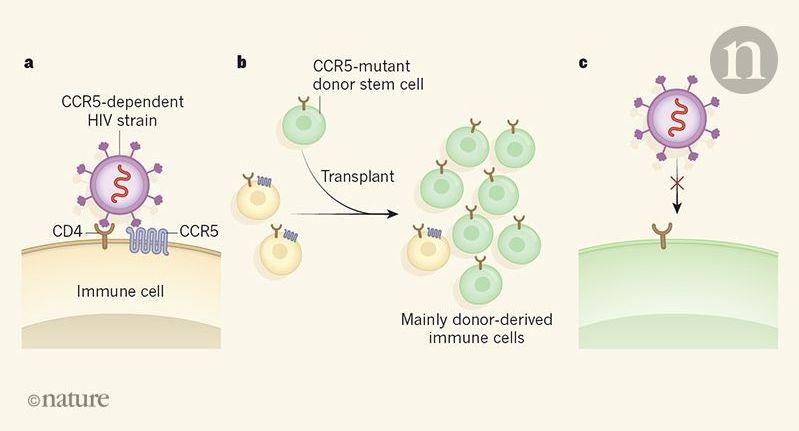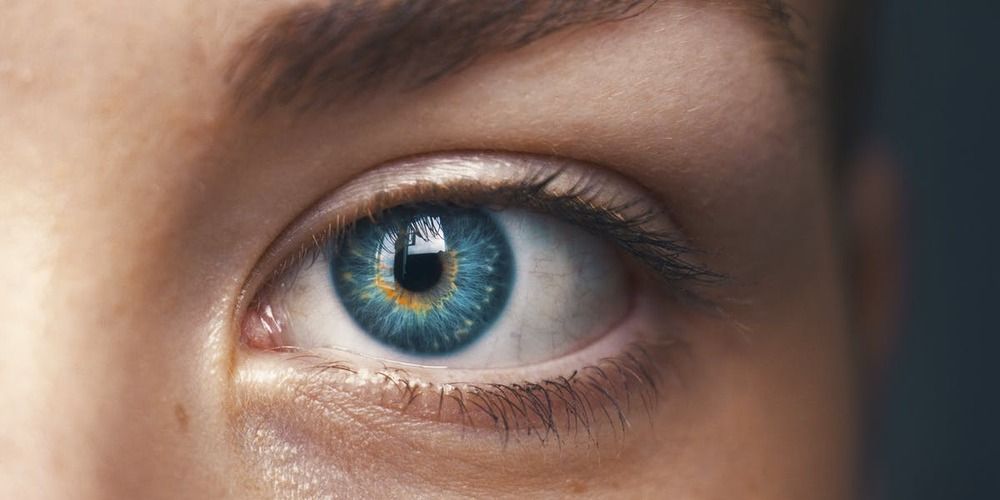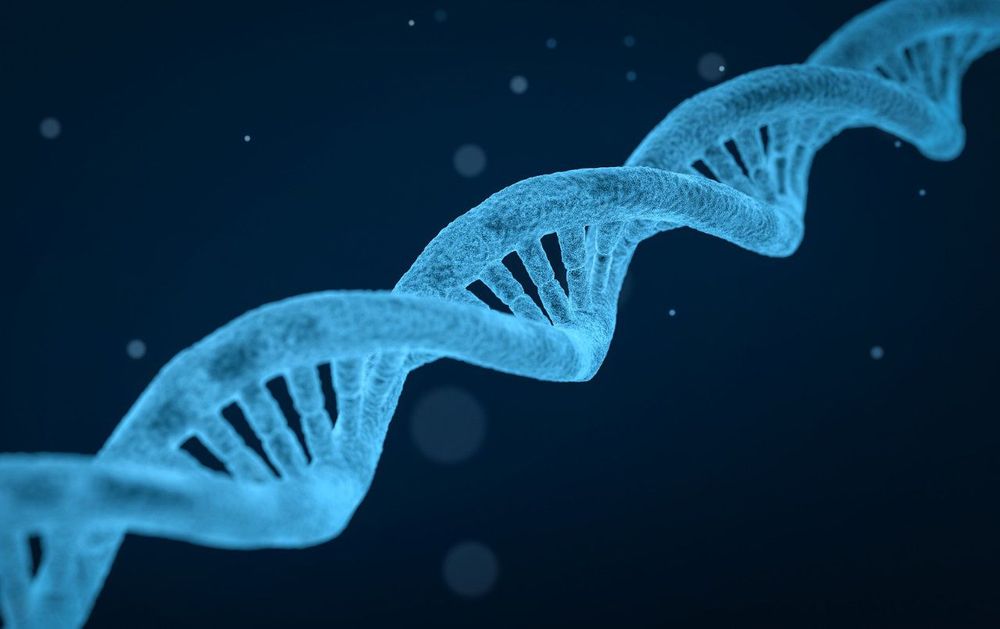Page 8987
Apr 3, 2019
U.S. Missile Defense Agency wants a new 1,000 kilowatt-class laser weapons
Posted by Klaus Baldauf in categories: business, engineering, military
The U.S. Missile Defense Agency is looking for information on a 1,000 kW-class electrically-pumped laser for defending the United States, its deployed forces, allies, and friends against all ranges of enemy ballistic missiles in all phases of flight.
The post on the federal business opportunities website is asking industry for information on a capability to demonstrate a 1,000 kW-class electrically-pumped laser in the 2025–26 timeframe.
Missile Defense Agency does not provide a specific platform or strategic mission at this time. The proposed ground demonstrator laser system would be designed to have technology maturation and lightweight engineering paths to potential future platforms.
Continue reading “U.S. Missile Defense Agency wants a new 1,000 kilowatt-class laser weapons” »
Apr 3, 2019
The Ultimate in Personalized Medicine: Your Body on a Chip
Posted by Klaus Baldauf in category: biotech/medical
One day your doctor could prescribe drugs based on how a biochip version of you reacts to them.
Apr 3, 2019
Technology Is Fueling a New Type of Space Race, Led by Startups
Posted by Klaus Baldauf in categories: 3D printing, space travel
As 3D printing evolves and changes manufacturing, no sector will be left untouched—including rocket-building. Using the world’s largest 3D metal printer and Dell technology, Relativity Space will streamline the rocket-building process and make space exploration faster and more accessible. Watch how this revolutionary startup is partnering with Dell to take a leading spot in the race to space.
Apr 2, 2019
Study debunks ‘depression genes’ hypotheses
Posted by Xavier Rosseel in categories: genetics, neuroscience
Using genetic and survey data gathered from individuals via the UK Biobank, 23andMe, and the Psychiatric Genomics Consortium, they set out to see if any of the genes, or gene variants, were associated with depression either alone or when combined with an environmental factor like childhood trauma or socioeconomic diversity.
A new study assessing data from 620,000 individuals found that the 18 most highly-studied candidate genes for depression are no more associated with depression than randomly chosen genes.
Apr 2, 2019
Second example reported of a stem-cell transplant in the clinic leading to HIV remission
Posted by Genevieve Klien in category: biotech/medical
A person infected with HIV who was treated for blood cancer with a stem-cell transplant has gone into viral remission, with no trace of the virus in their blood. A similar outcome in 2009 hadn’t been replicated until now. A person’s HIV infection became undetectable after a stem-cell transplant.
Apr 2, 2019
Which of the 5 Senses Is Best? Scientists Finally Settle a Heated Debate
Posted by Genevieve Klien in categories: education, physics
If there is one thing Twitter has taught us, it’s that the world loves a question that sounds stupid but actually has a profound and interesting answer. For instance, what would happen if the world suddenly turned into blueberries, as answered by physics recently. Or what color is that dress?
In a similar way, perception scientists have recently been fighting it out on Twitter to answer the seemingly trivial question of: “Which is the best sense and why?” The debate has opened up some surprisingly deep questions — like what actually makes a sense more or less valuable? And, are some senses fundamentally more important in making us human?
The question was also put to a poll. While most people would probably assume the obvious winner is vision, “somatosensation” — which we normally refer to as touch but technically incorporates all sensations from our body — took the day. But does this vote hold up when you take a closer look at the scientific evidence?
Continue reading “Which of the 5 Senses Is Best? Scientists Finally Settle a Heated Debate” »
Apr 2, 2019
Depression genes debunked: analysis dashes highly studied link
Posted by Genevieve Klien in categories: genetics, neuroscience
Research out of the University of Colorado Boulder has dashed research into a potential link between certain genes and depression. The conclusion follows an analysis of both survey and genetic data from more than half a million people, which found that 18 candidate genes and random genes were equally associated with cases of depression.
The new study, which was recently published in the American Journal of Psychiatry, looked at 18 highly-studied ‘candidate genes,’ each of which had previously been studied in association with depression a minimum of 10 times. The results were called “a little bit stunning” by study senior author Matthew Keller.
According to the study, these 18 candidate genes weren’t associated with depression more than other randomly chosen genes. Past research into the genes that had indicated a link between the two were called false positives, though the researchers caution that this doesn’t mean depression isn’t heritable.
Continue reading “Depression genes debunked: analysis dashes highly studied link” »
Apr 2, 2019
‘Molecular surgery’ reshapes living tissue with electricity but no incisions
Posted by Paul Battista in categories: 3D printing, biotech/medical
Traditional surgery to reshape a nose or ear entails cutting and suturing, sometimes followed by long recovery times and scars. But now, researchers have developed a “molecular surgery” process that uses tiny needles, electric current and 3D-printed molds to quickly reshape living tissue with no incisions, scarring or recovery time. The technique even shows promise as a way to fix immobile joints or as a noninvasive alternative to laser eye surgery.
The researchers will present their results today at the American Chemical Society (ACS) Spring 2019 National Meeting & Exposition.
“We envision this new technique as a low-cost office procedure done under local anesthesia,” says Michael Hill, Ph.D., one of the project’s principal investigators, who will discuss the work at the meeting. “The whole process would take about five minutes.”
Continue reading “‘Molecular surgery’ reshapes living tissue with electricity but no incisions” »
